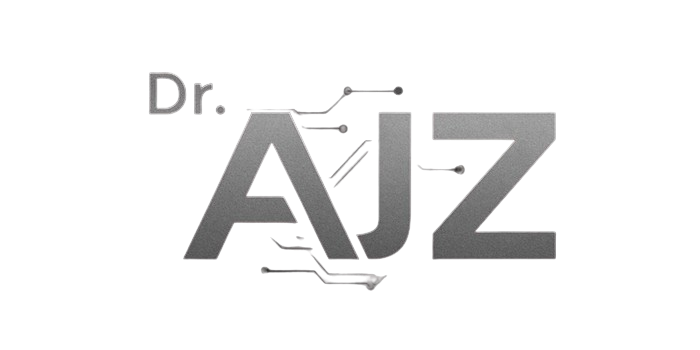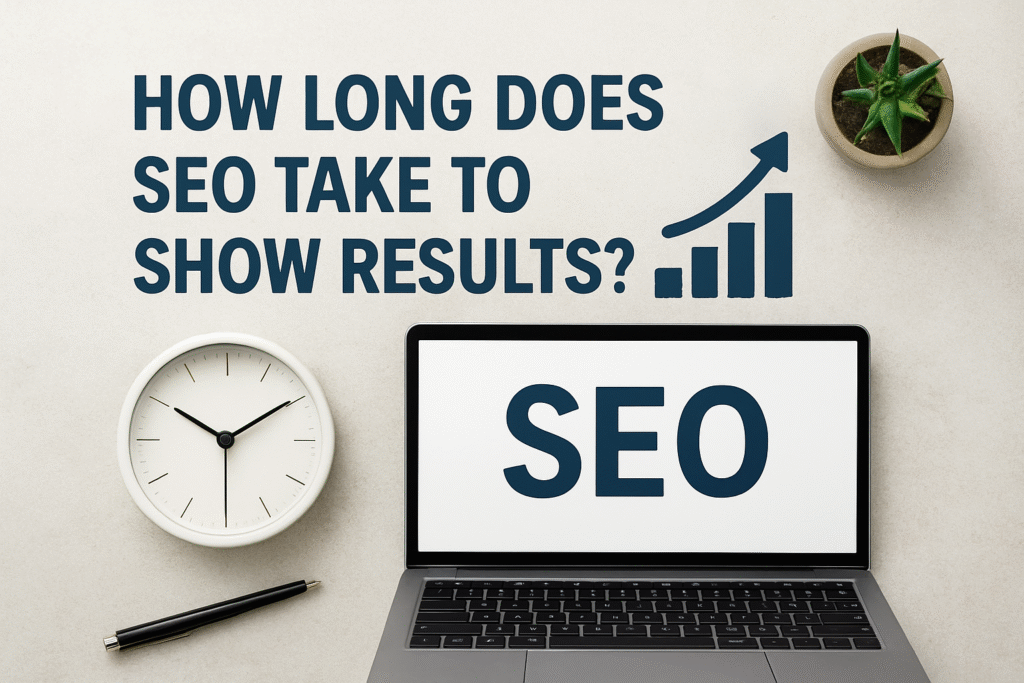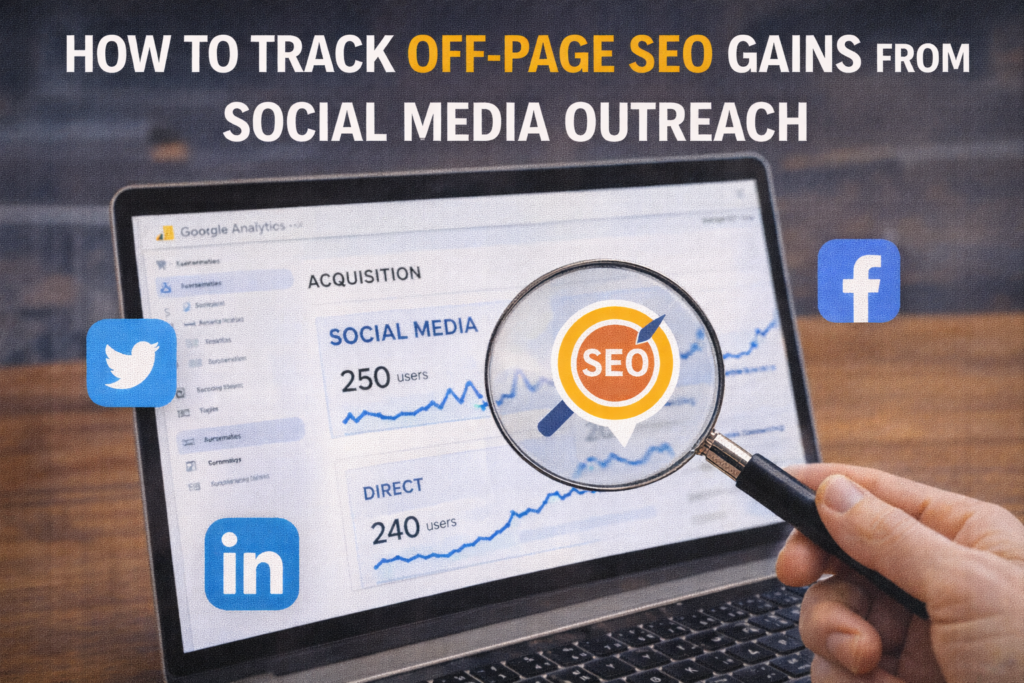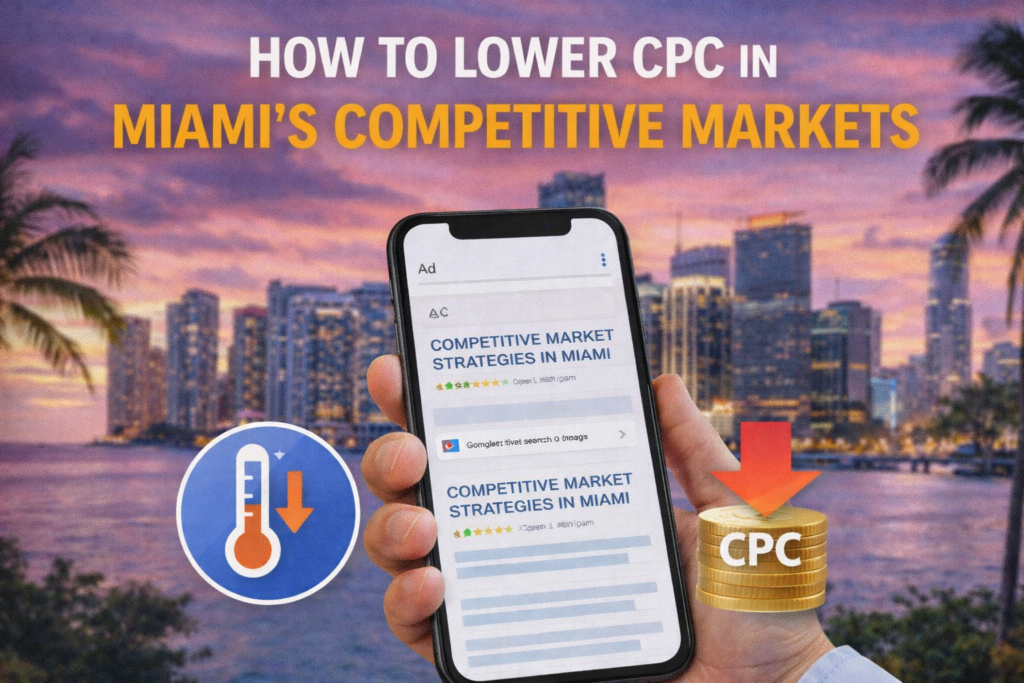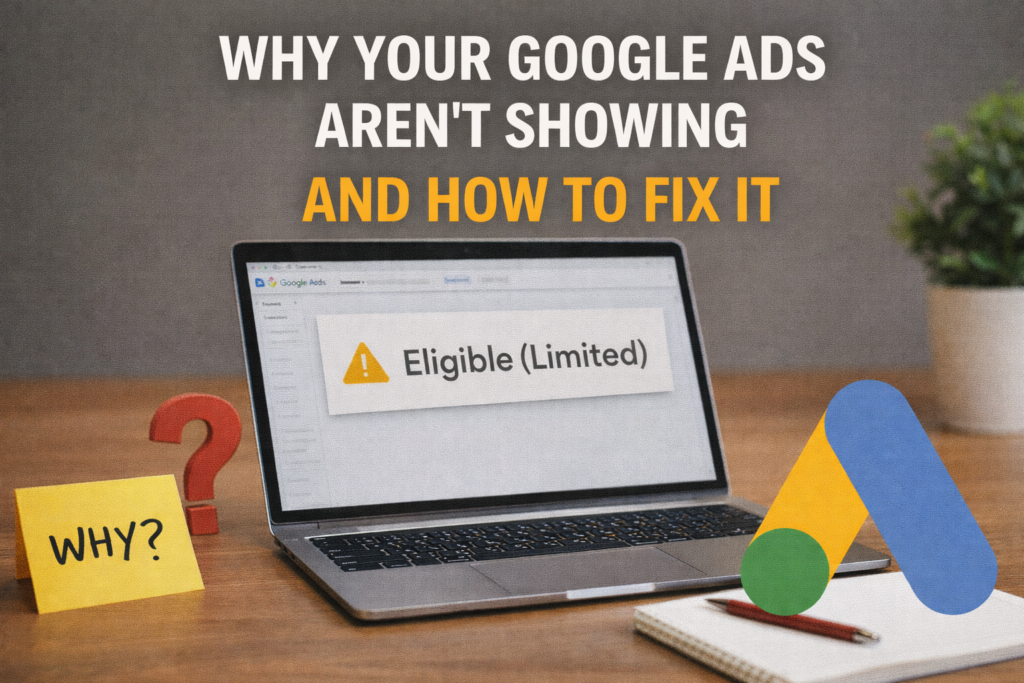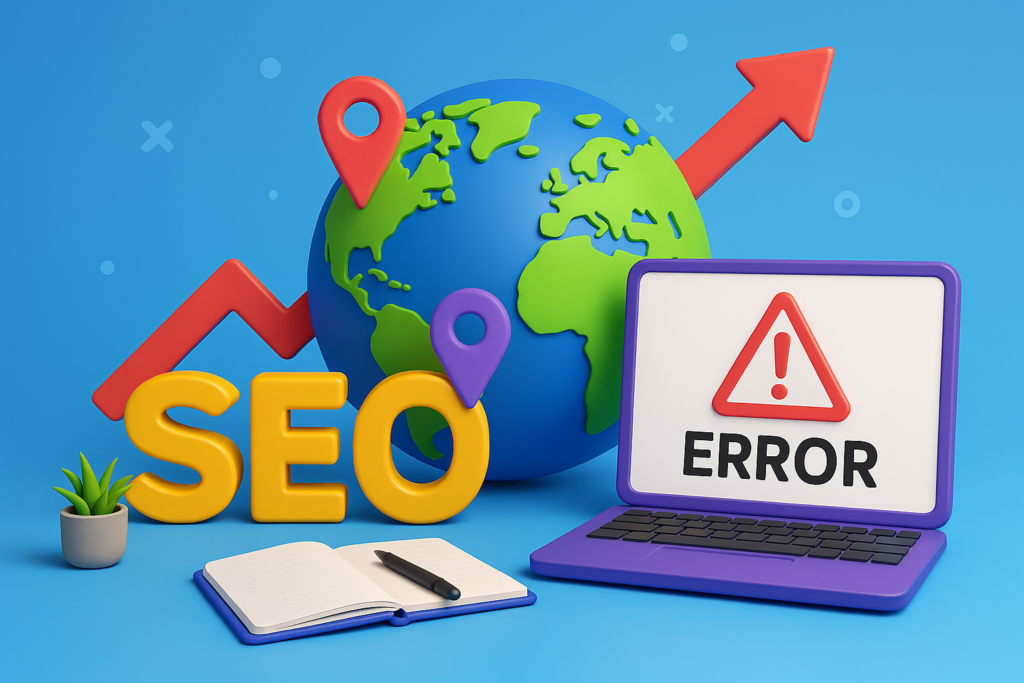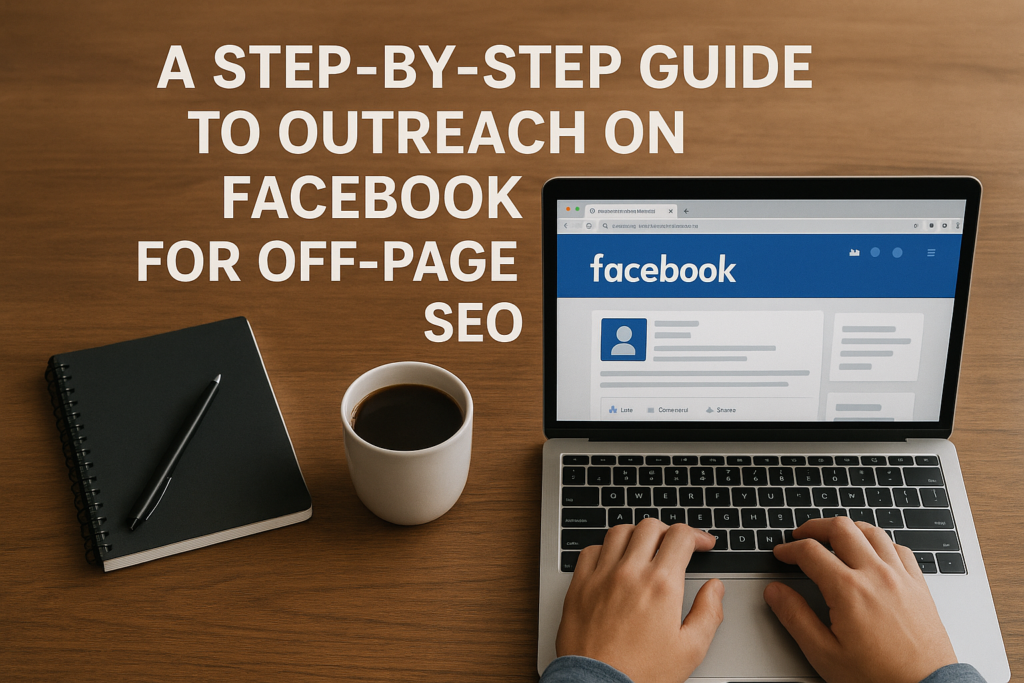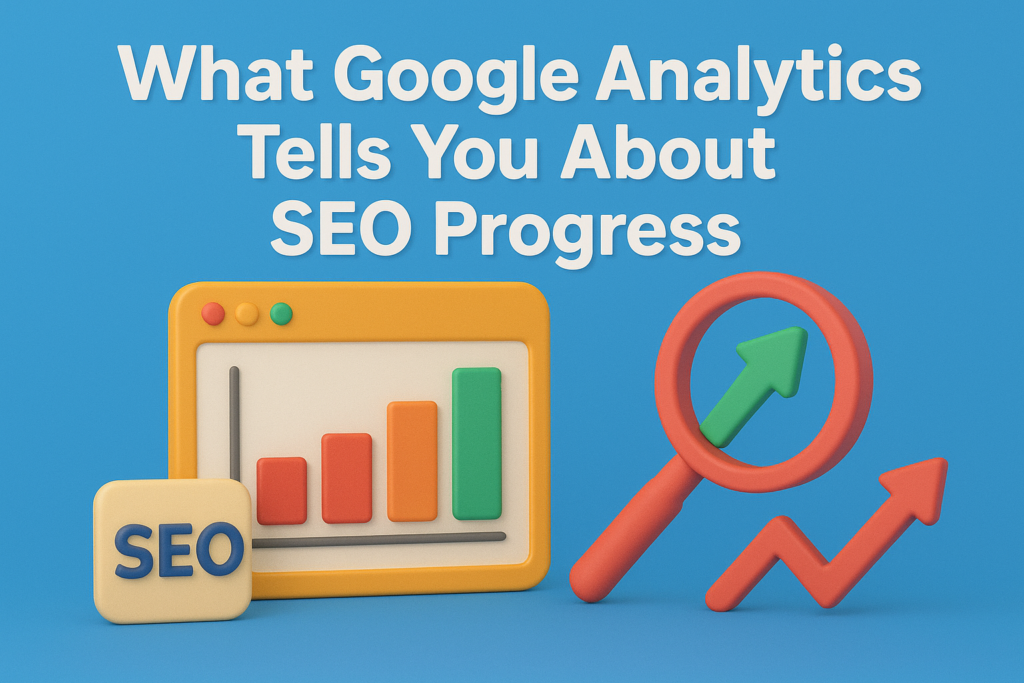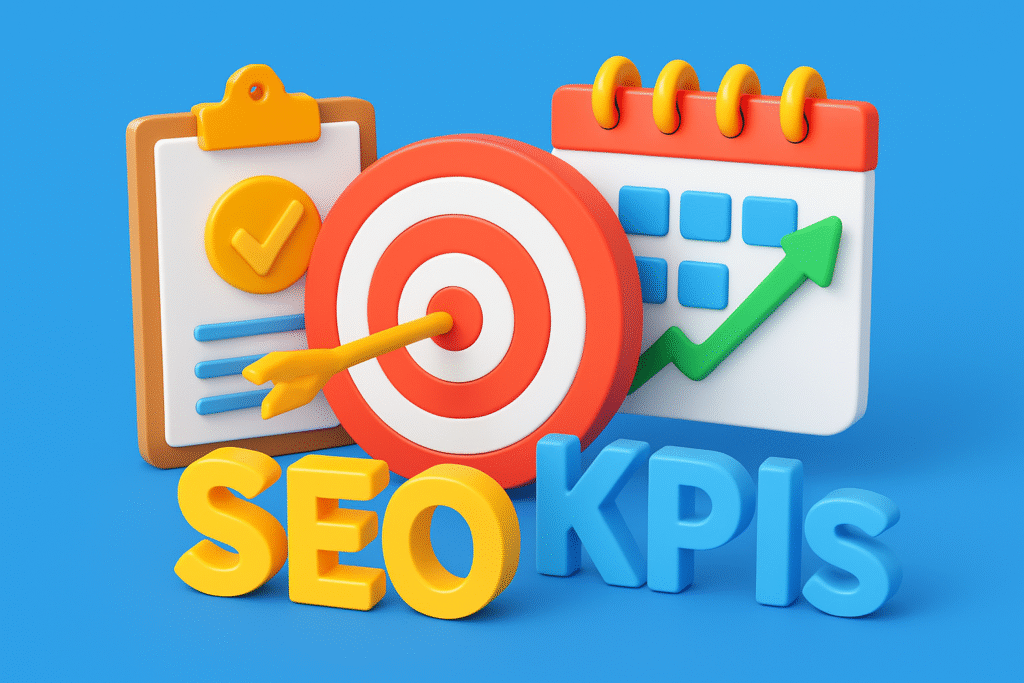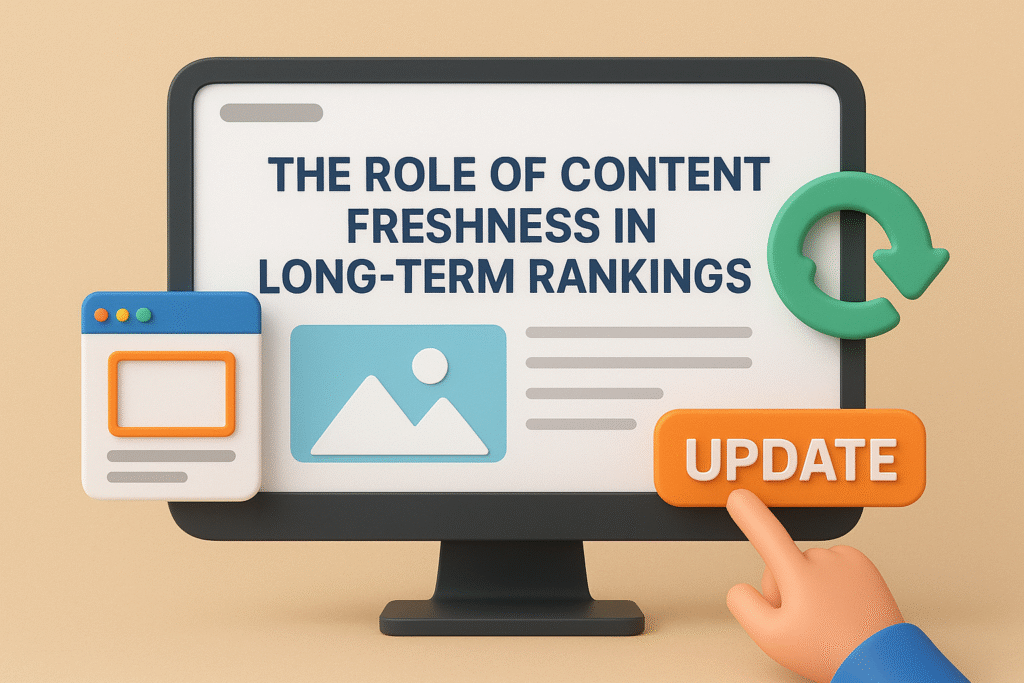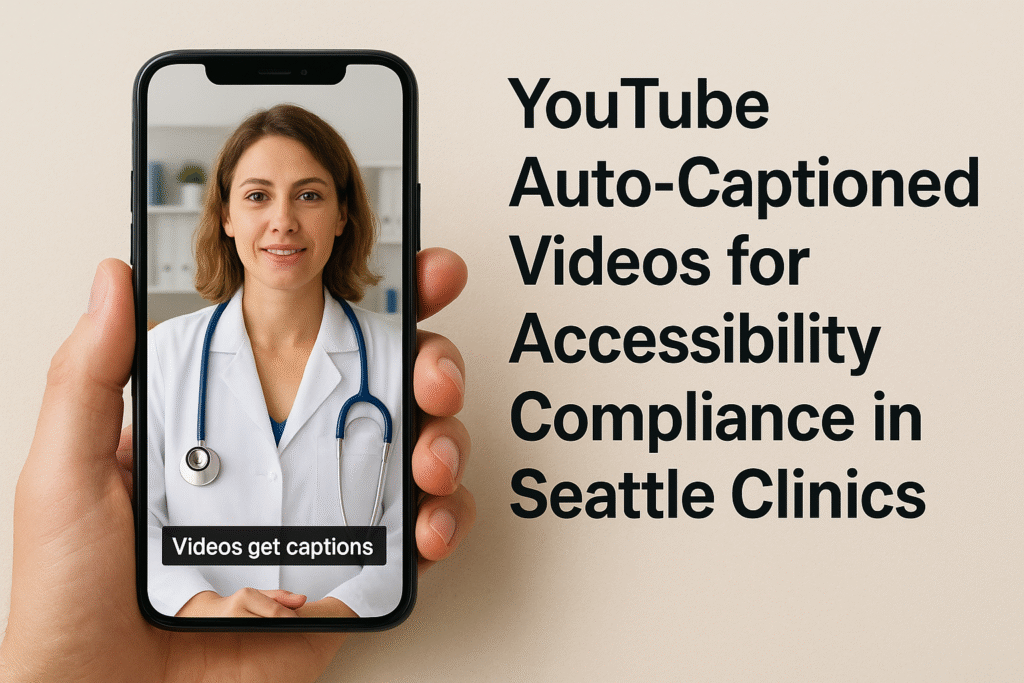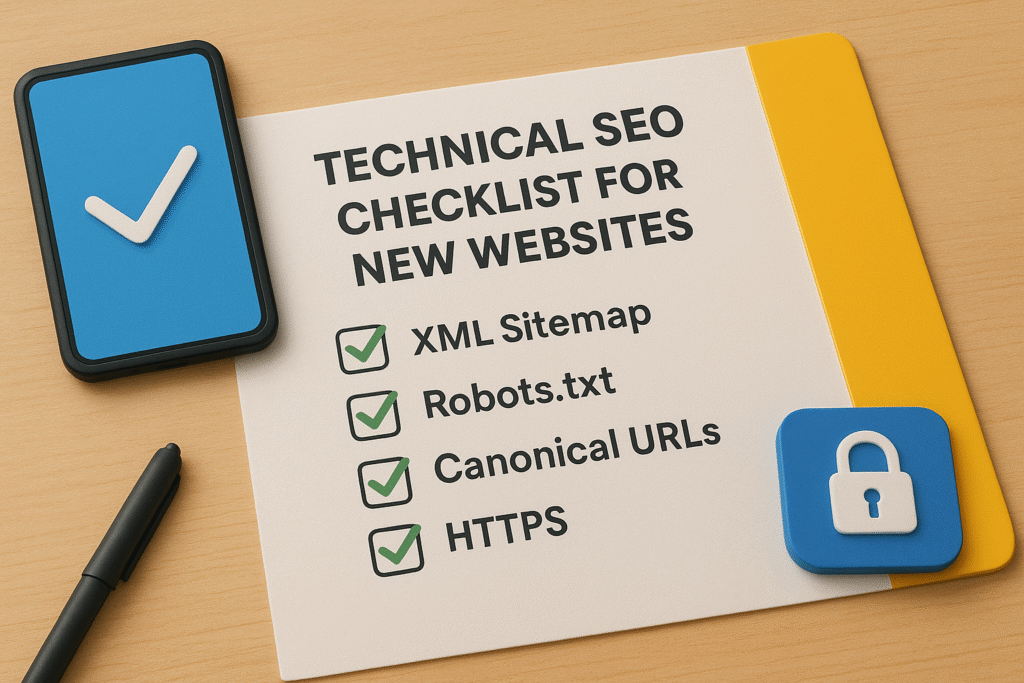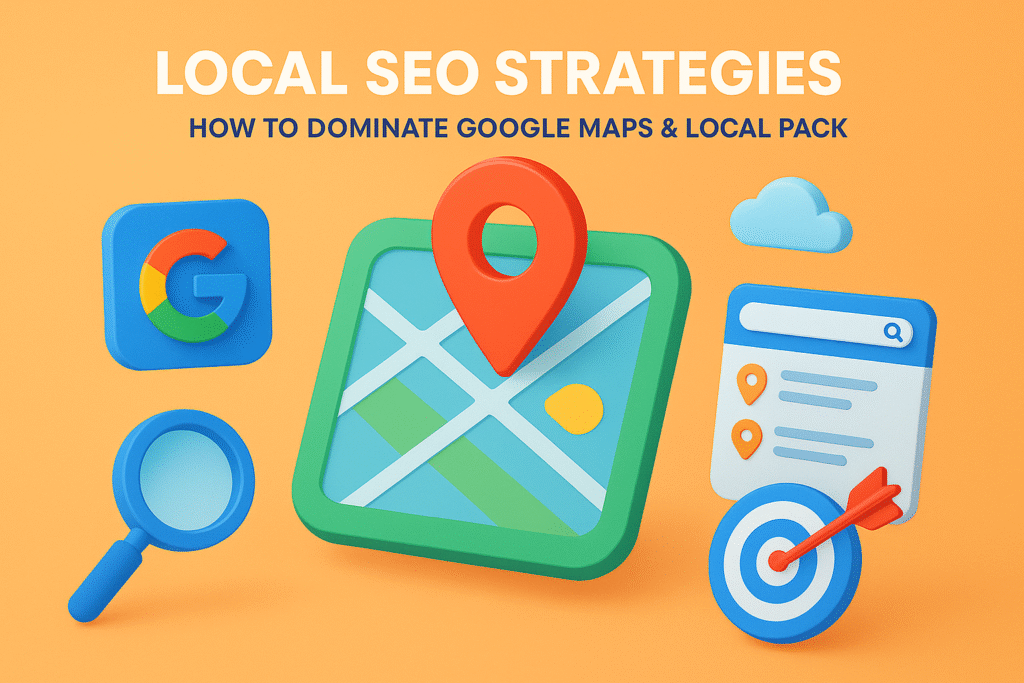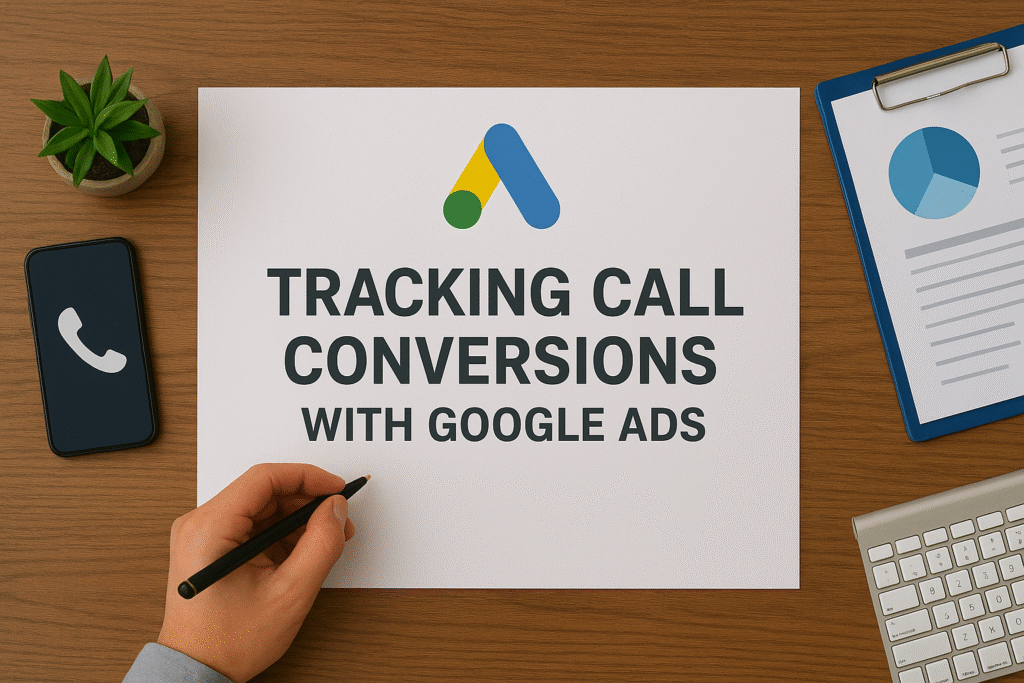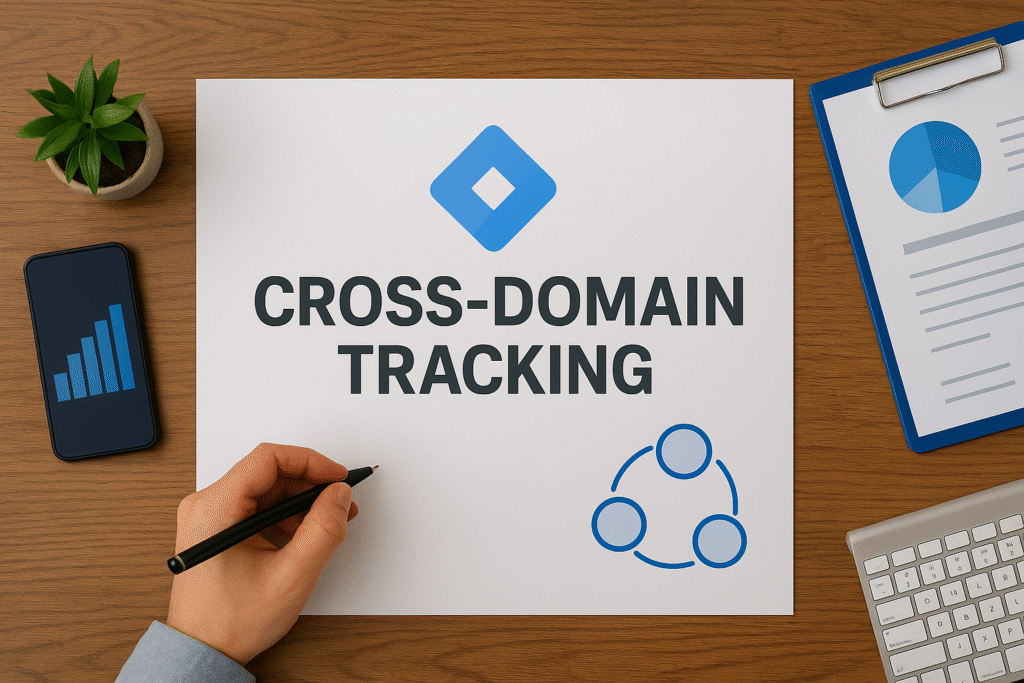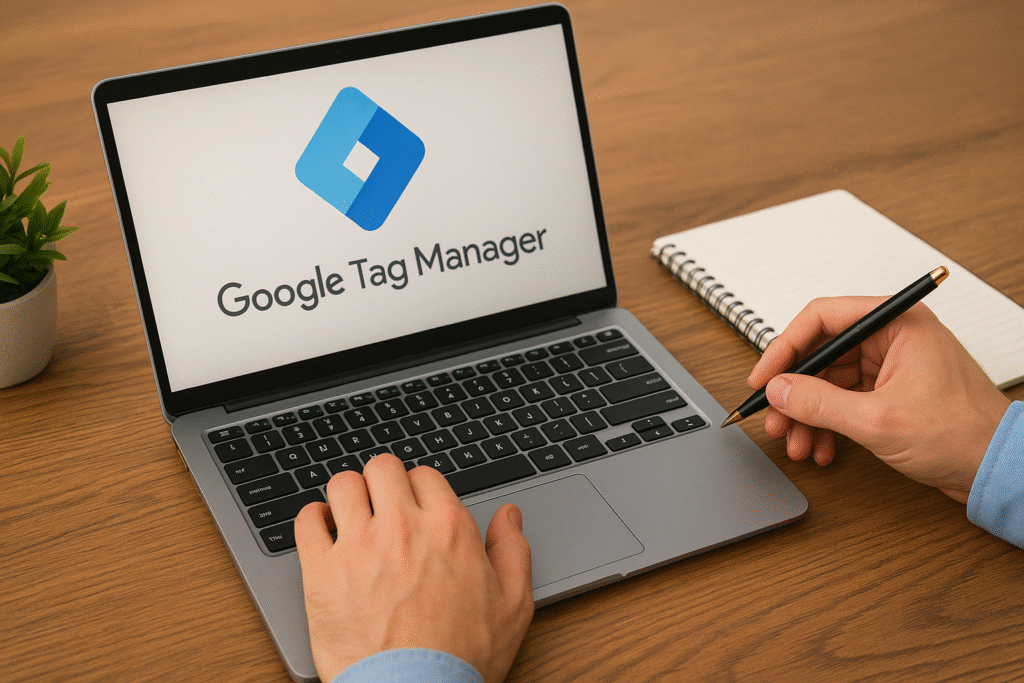Quick Summary: What This Blog Covers
This blog breaks down how long SEO takes to show results, explaining that while early improvements can appear within 4–6 months, significant ROI typically emerges after 9–12 months. It explores why SEO is a gradual process, outlining the typical monthly timeline, key influencing factors, and strategies to accelerate results without shortcuts. Readers also learn how to measure real SEO progress, differentiate timelines for new vs. established sites, and maintain consistency for lasting organic growth.
Introduction
One of the most common questions I get from business owners and marketing clients is: how long does SEO take to show results? It’s a fair question—especially when you’re investing time, money, and energy into improving your organic visibility. Unfortunately, SEO doesn’t operate like paid ads. You can’t flip a switch and expect instant rankings.
“Stat: According to a 2024 Ahrefs study, only 5.7% of pages reach Google’s top 10 within the first year of publishing.”
Source: Ahrefs
But that doesn’t mean you have to wait forever. When done right, SEO starts showing measurable improvements within a realistic timeframe—and understanding that timeline helps set smarter expectations.
Why SEO Takes Time
Search Engine Optimization is a cumulative process. It involves improving your site’s structure, creating valuable content, and earning authority through backlinks. Each of these elements signals to Google that your site is credible and relevant—but Google takes time to process and reward those signals.
Unlike PPC campaigns that deliver instant visibility, SEO builds momentum over time. The main reasons for the delay include:
- Google’s crawling and indexing frequency
- The competitiveness of your target keywords
- The age and authority of your domain
- Quality and consistency of backlinks
- On-page and technical SEO health
“Pro Tip: Google’s algorithm updates happen thousands of times per year—so building trust with consistency is more valuable than chasing quick results.”
Source: Search Engine Journal
The Typical SEO Timeline (2025 Edition)
While every business is unique, here’s a general framework for what you can expect in your SEO timeline 2025:
Month 1–2: Research and Technical Setup
This is where the groundwork begins—keyword research, site audits, competitor analysis, and technical fixes. Tools like Semrush and Screaming Frog help identify crawl errors, indexing issues, and speed problems.
At this stage, your SEO performance won’t improve yet, but you’re laying the foundation.
Month 3–4: Content Optimization and Early Indexing
Once your technical SEO is sound, the focus shifts to optimizing content. You’ll begin to notice early signs of movement—some keywords start ranking on the second or third page. Google begins associating your site with relevant topics.
Month 5–6: Authority Building and Traffic Growth
By this time, backlinks, social mentions, and engagement metrics start to accumulate. If your on-page SEO is solid, you’ll see early ranking improvements and modest organic traffic growth.
Month 7–9: Keyword Maturity and Consistent Rankings
Your target pages begin to stabilize. This is when Google trusts your domain enough to hold rankings. With regular content publishing and link acquisition, organic leads increase.
Month 10–12: Full Performance and ROI Tracking
By the one-year mark, your SEO ecosystem is mature—traffic becomes consistent, rankings stabilize, and ROI becomes measurable. This is also the stage to optimize for conversions through A/B testing.
“Stat: SEO typically takes 6–12 months to show measurable ROI for most small and mid-sized businesses.”
Source: Moz
Factors That Influence SEO Speed
How long SEO takes to show results depends heavily on multiple interdependent factors.
1. Website Age and Authority
Older domains with a strong backlink history perform faster. If you’re launching a new site, expect slower progress as Google establishes trust.
2. Competition Level
Targeting broad, competitive keywords (like “real estate agent Miami”) takes longer than niche-specific terms (like “luxury real estate agent in Coconut Grove”).
3. Content Quality and Frequency
Consistent, optimized publishing signals relevance. A weekly blog cadence can accelerate indexing speed significantly.
4. Technical SEO Health
Issues like broken links, duplicate content, or slow page speed delay results. Using Google Search Console and PageSpeed Insights ensures technical compliance.
5. Backlink Profile
Earning high-quality backlinks from reputable domains remains one of the top ranking factors in 2025.
“Pro Tip: It’s better to earn five links from authoritative sites than fifty from irrelevant ones.”
Source: Backlinko
When You Might See Early Results
Even though SEO is long-term, you might see certain wins early:
- Brand keywords begin ranking within weeks
- Long-tail keywords start surfacing on page two or three
- Click-through rates improve due to better meta tags and titles
- Traffic consistency begins increasing as Google crawls more often
Platforms like Google Analytics 4 can help you monitor these early indicators.
SEO for New Websites vs. Established Domains
If you’re working on a new website, expect a slower ramp-up because of the “sandbox effect.” Google wants to ensure your site is credible before ranking it competitively. Established domains, however, can see results faster if they already have a strong link profile and brand authority.
That’s why patience and consistency are crucial. The first few months might feel quiet, but under the surface, Google’s algorithms are collecting data and recalibrating trust signals.
How to Accelerate SEO Results (Without Cutting Corners)
Although you can’t cheat the system, you can optimize for efficiency. Here’s how:
- Publish high-quality content consistently
- Optimize internal linking structure to distribute authority
- Build relationships for relevant backlinks
- Improve mobile UX and site speed
- Regularly audit pages with Ahrefs Site Audit
“Stat: Pages with faster load times rank 70% higher in Google’s SERPs compared to slower competitors.”
Source: Think with Google
Avoid black-hat SEO tactics like keyword stuffing or link farms—these cause penalties and longer recovery times.
Measuring SEO Results Properly
Many businesses assume SEO isn’t working simply because they aren’t tracking the right metrics. Success isn’t just about first-page rankings—it’s about sustainable growth.
Metrics that define real progress include:
- Organic traffic growth over time
- Keyword ranking improvements across clusters
- Engagement metrics: time on page, bounce rate, pages per session
- Conversion rate from organic visitors
- Return on investment (ROI) from SEO-driven leads
Use tools like Google Data Studio (now Looker Studio) to build monthly SEO reports with clarity.
“Pro Tip: Track performance by topic clusters rather than single keywords to see true content authority growth.”
Source: HubSpot
The SEO Patience Paradox
SEO often tests patience because it grows slowly at first, then accelerates exponentially. Think of it like compounding interest—the longer you invest, the greater the returns.
Many businesses quit too soon, just before results peak. Those who persist through the 6–12 month mark often dominate the SERPs long after their competitors give up.
“Stat: 80% of websites that maintain consistent SEO investment for a year experience exponential ranking growth afterward.”
Source: BrightEdge
Final Thoughts
So, how long does SEO take to show results? On average, expect noticeable improvements in 4–6 months, and substantial ROI in 9–12 months—depending on competition, content quality, and consistency.
SEO is not a sprint; it’s a marathon. But once momentum builds, the results compound. Unlike ads, SEO delivers long-term visibility, consistent traffic, and organic trust that lasts even after the campaign ends.
If you’re ready to fast-track your results with proven SEO frameworks, explore our SEO Management Services designed for sustained organic growth.
Frequently Asked Questions (FAQs)
1. How long does SEO take for a new website?
New sites usually take 6–12 months to gain meaningful organic traction due to domain trust-building and competition.
2. Can I speed up SEO results?
You can optimize workflows with consistent content, backlink acquisition, and strong technical foundations—but not bypass Google’s trust-building period.
3. Why do my rankings fluctuate after a few months?
Google frequently updates its algorithm, reindexing pages based on engagement and authority. Fluctuations are normal in early stages.
4. How often should I update my SEO strategy?
Review your SEO strategy quarterly and perform a full audit every six months.
5. Does paid advertising help SEO rank faster?
No. Ads don’t directly affect SEO rankings, but they can improve brand awareness, which indirectly enhances search performance.
6. What’s the biggest mistake in expecting SEO results?
Expecting instant outcomes. SEO is cumulative—shortcuts often backfire and delay long-term success.
